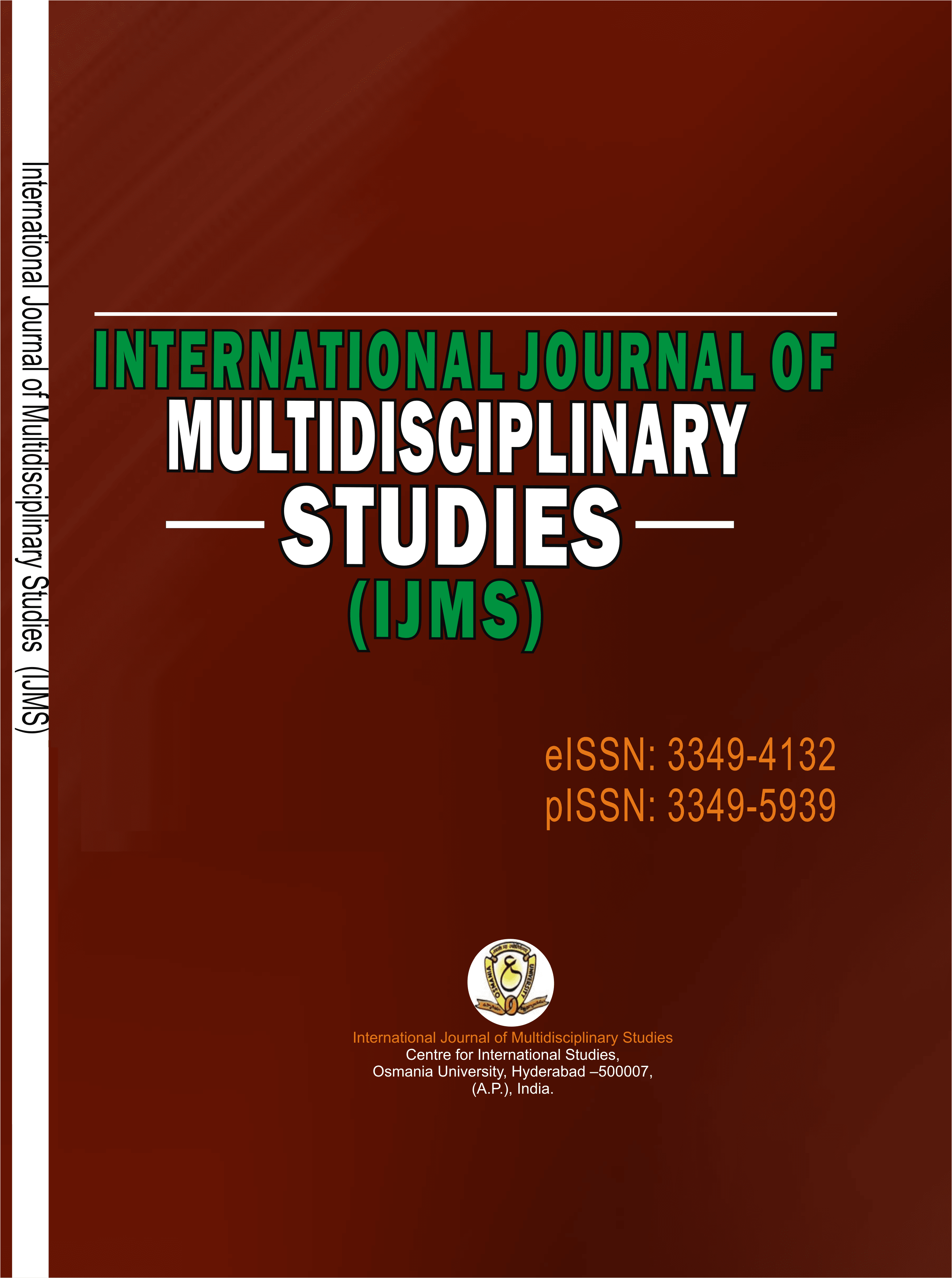INTERNATIONAL JOURNAL OF MULTIDISCIPLINARY STUDIES (IJMS)
OFFSHORING: TRANSFER JOBS OR OPERATIONS ABROAD
E-ISSN: 3349-4132
P-ISSN: 3349-5939
DOI: https://iigdpublishers.com/article/247
As a result of global shifts in the labor market. Especially after the collapse of the former Soviet Union in 1989 and the end of the Cold War, about half of the world's labor force from China, India, Russia and Eastern Europe joined the capitalist global economy. Technological changes associated with the Internet contributed to a massive expansion of outsourcing options for outsourcing services in addition to manufacturing and strategies. The business of TNCs is relentless in its search for new efficiencies especially in the labor side where significant cost gains can be found. As a result, offshore outsourcing is no longer just an option but "an increasingly urgent survival tactic for companies in advanced economies".
Hadeel Qasim Oleiwi & Hussein Ali Kazem
Auer, Peter, Geneviève Besse, & Dominique Méda. (2006). "Offshoring and the Internationalization of Employment." Offshoring and the Internationalization of Employment. A Challenge for a Fair Globalization, 1-16.
Bottini, N., Ernst, C., & Luebker, M., (2007). Offshoring and the labour market: What are the issues? Internat. Labour Office.
Cheung, C., Rossiter, J., & Zheng, Y., (2008). Offshoring and its effects on the labour market and productivity: A survey of recent literature. Bank of Canada Review, 2008(Autumn), 17-30
Edoff, Petra. (2014). Managing offshoring of complex products: Strategy and capabilities. Diss. Mälardalen University.
Farrell, Diana, & V. Agrawal, (2003). "Offshoring: Is it a win-win game." McKinsey Global Institute, 7-9.
